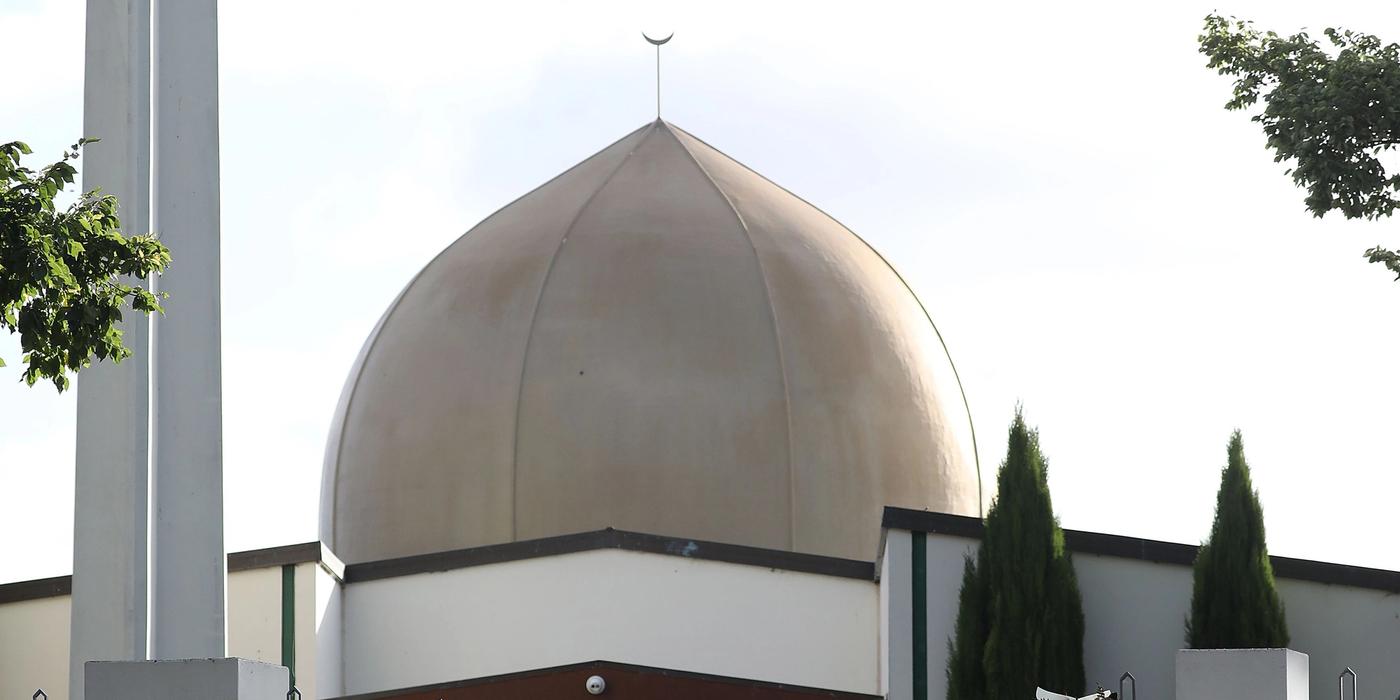By: Anders Moen Østby, Advisor and Educator at the July 22 Centre.
Published: March 2024

By: Anders Moen Østby, Advisor and Educator at the July 22 Centre.
Published: March 2024
Only a few months later, the terrorist Philip Manshaus took the life of his stepsister, Johanne, before he armed himself and attacked the Al-Noor Mosque in Bærum, Norway, with the intention of killing as many people as possible. Fortunately, he was stopped by civilians from the mosque. Manshaus was directly inspired by Tarrant. Both terrorists espouse ideologies that have caused significant harm to those affected by terrorism, and the attacks on March 15 and August 10, 2019, echo the events of July 22, 2011.
On the morning of Friday, July 22nd, before the terrorist attacked the Government Quarter and Utøya, he published a 1,500-page compendium. He intended to distribute it to 8,000 recipients - both allies and those he considered enemies and "traitors to the country." The compendium refers to a number of conspiracy theories about how the Norwegian Labour Party, the authorities, and society in Norway deliberately desire and facilitate an alleged Islamization of Europe and the West. In the context of July 22, this conspiracy theory is specifically referred to as the "Eurabia theory" and is often cited in far-right circles, even though there is no evidence supporting this theory.
The terrorist attacks on March 15 and August 10, 2019, were also carried out by two far-right terrorists with the same conspiratorial and racist ideologies. Both Tarrant and Manshaus believe in and refer to "the great replacement," which posits that "the white, European race" is being systematically replaced by authorities through a hidden conspiracy. This narrative often portrays Muslims as enemies and threats to society, but we also see Jews and other minorities included in the conspiracy narrative. The conspiracy theories of Eurabia and The Great Replacement may have different names, but their content is largely the same. Such ideas are not only used by far-right extremists but are also frequented by individual actors on online forums, often disguised behind humor. There is no evidence supporting these conspiracy theories, and the notion that humans can be categorized into races is not supported by modern research or academia.
Nevertheless, we see that such ideas are used in far-right and racist circles, by extremist politicians, and individual actors - both online and in public spaces.
Terrorism is the ultimate consequence of such conspiratorial ideas. Terrorism always targets civilians, and the human costs are extensive and significant. Although terrorism strikes with less frequency now than before, it is equally important to address the consequences of Islamophobia, racism, and discrimination. The launch of the Extremism Commission on March 1, 2024, indicates that Islamophobia, antisemitism, and hatred towards LGBTQ+ individuals are growing societal issues and proposes ways in which we, as a society, can work as a resistance on various fronts. Therefore, it is crucial for us as a society to demonstrate that we stand together against all forms of racism and discrimination.